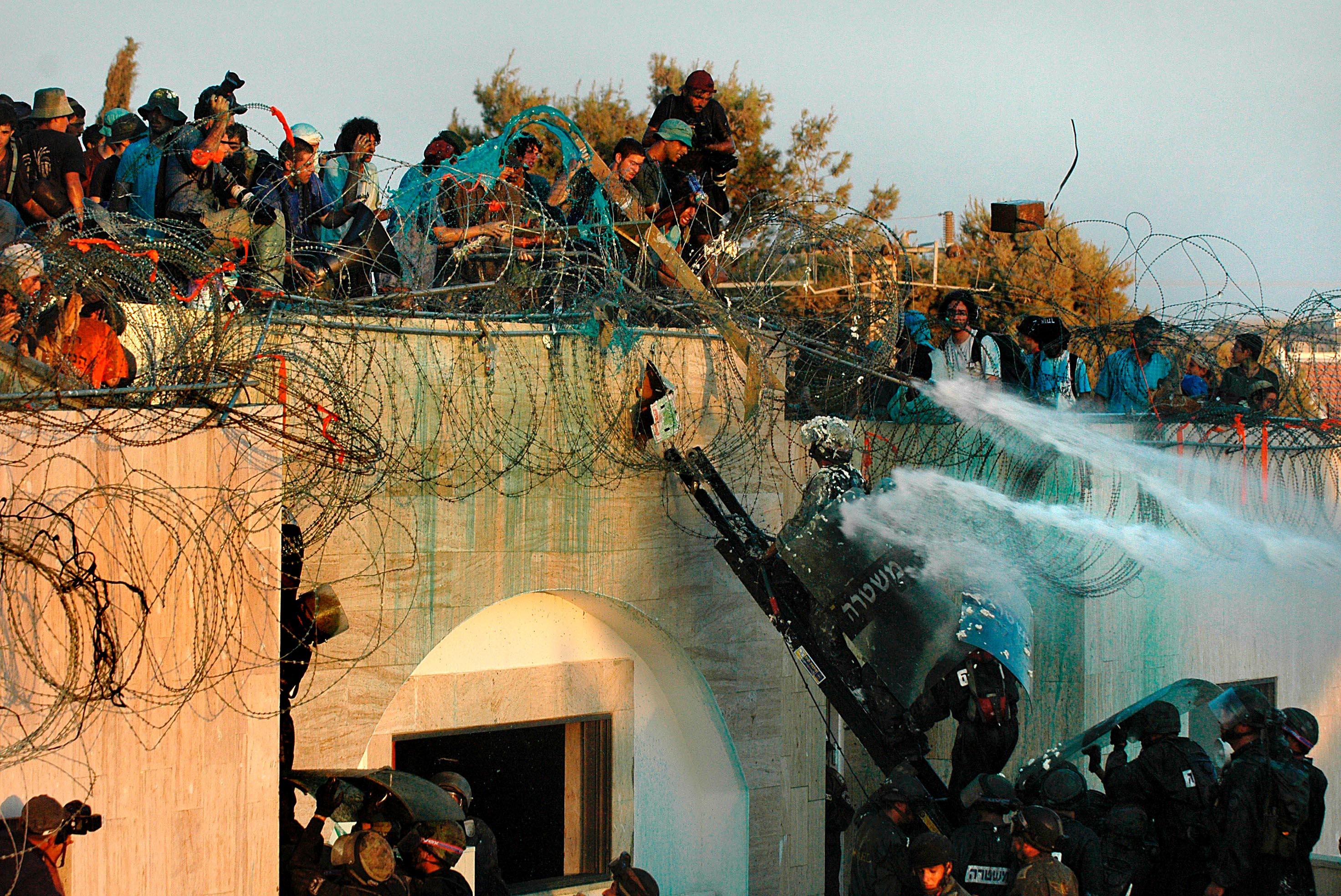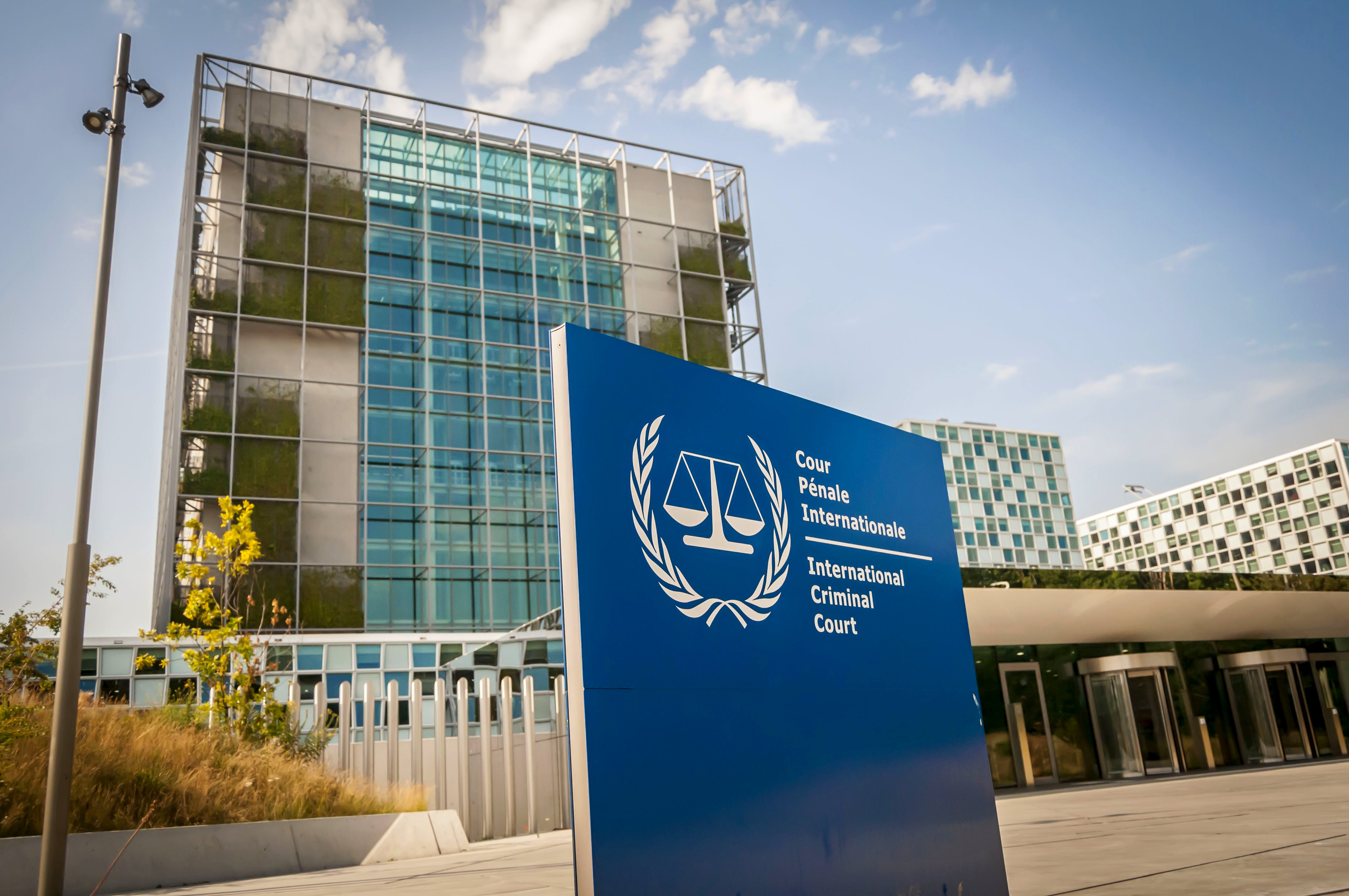A sovereign exception: The core of Judge Sebutinde's dissent in ICJ case against Israel

I. Question Presented
Whether Vice-President Julia Sebutinde's dissent in the ICJ's October 2025 Advisory Opinion correctly identifies defects in the majority's reasoning regarding Israel's obligations to UN agencies in Gaza, and whether her analysis properly applies principles of state consent, judicial restraint, and sovereignty.
II. Short Answer
Yes. Judge Sebutinde's dissent exposes three critical failures in the majority opinion: first, the improper use of advisory jurisdiction to circumvent state consent; second, the misapplication of occupation law to a territory where effective control remains contested; and third, the unprecedented expansion of UN agency privileges beyond their consensual basis. Her reasoning restores proper boundaries to international adjudication while affirming that sovereignty—not occupation—defines legal relationships between states and international organizations.
III. Background
The ICJ issued its third advisory opinion on Israel-Palestine matters in fifteen months on October 22, 2025. The General Assembly asked the Court to opine on Israel's obligations regarding UN operations in Gaza and the occupied territories, particularly concerning UNRWA's mandate.
The majority held that Israel, as an occupying power, must facilitate UNRWA operations and respect UN privileges and immunities under the Convention on the Privileges and Immunities of the United Nations (Feb. 13, 1946, 1 U.N.T.S. 15) and customary international law. Obligations of Israel in Relation to the Presence and Activities of the United Nations, Advisory Opinion (Oct. 22, 2025).
Vice-President Sebutinde filed a lengthy dissent challenging the majority's jurisdiction, methodology, and legal conclusions. Separate Opinion of Vice-President Sebutinde (Oct. 22, 2025).
IV. Analysis
A. Advisory Jurisdiction Cannot Replace Consent-Based Dispute Resolution
The most significant aspect of Sebutinde's dissent concerns the misuse of advisory jurisdiction. The ICJ Statute makes contentious jurisdiction dependent on state consent. Statute of the International Court of Justice art. 36, June 26, 1945, 59 Stat. 1055. Advisory opinions, by contrast, require no such consent but lack binding force.
The problem becomes acute when the General Assembly uses advisory proceedings to obtain judicial pronouncements on specific state conduct—effectively creating binding-like judgments without consent. The Court addressed this concern in Western Sahara, noting it "would not be justified in entertaining" a request if its opinion would "have the effect of circumventing the principle that a State is not obliged to allow its disputes to be submitted to judicial settlement without its consent." Western Sahara, Advisory Opinion, 1975 I.C.J. 12, 25 (Oct. 16).
Yet the 2025 opinion does exactly that. Two contentious cases were pending before the Court: Application of the Genocide Convention (South Africa v. Israel) and Alleged Breaches of Certain International Obligations(Nicaragua v. Germany). Both involve Gaza's humanitarian situation. The advisory opinion pronounces on matters directly at issue in those disputes, prejudging them without the procedural protections of contentious proceedings.
This represents judicial overreach. As Sebutinde notes, the Court effectively decided that Israel violated specific treaty obligations regarding UN operations—conclusions that would require full adversarial proceedings, evidence presentation, and cross-examination in any legitimate adjudication. The majority offered no explanation for why these matters required immediate advisory treatment rather than resolution through the pending contentious cases.
B. The Manufactured Occupation
The majority's entire analysis rests on the premise that Israel remains an "occupying power" in Gaza with "effective control" that "increased significantly" since October 2023. This claim fails both factual and legal scrutiny.
Israel withdrew all military forces and civilian settlements from Gaza in 2005. The disengagement eliminated any plausible claim of occupation under customary international law, which requires physical presence and effective control. See Hague Convention (IV) Respecting the Laws and Customs of War on Land, Regulations art. 42, Oct. 18, 1907, 36 Stat. 2277 ("Territory is considered occupied when it is actually placed under the authority of the hostile army").

The majority asserts that Israel's control over Gaza's borders, airspace, and territorial waters maintains occupation status. But this confuses belligerent occupation with siege or blockade—distinct concepts in international humanitarian law. Occupation law governs administration of enemy territory; blockade law governs naval warfare against belligerents. Israel's measures correspond to the latter, not the former.
More fundamentally, Hamas exercises governmental authority throughout Gaza. It collects taxes, operates courts, maintains armed forces, and administers civil institutions. Under any reasonable definition, Hamas—not Israel—controls Gaza. The majority's contrary conclusion relies on speculation about Israeli "capability" to reassert control, not evidence of actual control.
Sebutinde correctly identifies this analytical failure. Without effective control, occupation law simply does not apply. The majority's reasoning would convert any military blockade into an occupation, vastly expanding the doctrine beyond its textual and historical boundaries.
C. UNRWA and the Limits of Consent
The dissent's treatment of UNRWA illuminates a core principle: international organizations operate on state territory only with host state consent. That consent may be withdrawn.
UNRWA's presence in Israel and the territories derives from the Comay-Michelmore Agreement of June 14, 1967—a provisional arrangement explicitly subject to Israeli security regulations. Israel terminated this agreement effective March 2025, citing credible evidence of UNRWA personnel involvement in terrorism and the October 7 attacks.
The majority held that Israel cannot terminate UNRWA's mandate because the General Assembly created it, and only the Assembly can end it. This confuses the organization's existence with its operational presence. The General Assembly can maintain UNRWA's mandate indefinitely, but it cannot compel any state to host the agency on its territory.
This principle has broad acceptance. Mali expelled MINUSMA peacekeepers in 2023; Burundi refused to renew its agreement with the UN Human Rights Office in 2019; Ethiopia effectively terminated UNMEE's mandate by denying operational access. In each case, the UN accepted that host state consent controls operational presence, regardless of the organization's formal mandate.
The majority never explains why Israel lacks this same authority. Instead, it invokes Article 2(5) of the UN Charter, which requires members to "give the United Nations every assistance" in enforcement actions. But this provision applies only to Security Council measures under Chapter VII—not General Assembly resolutions or agency operations. See U.N. Charter arts. 2(5), 11(2), June 26, 1945, 59 Stat. 1031.
Sebutinde demolishes this reasoning. Article 2(5) cannot convert voluntary cooperation with UN agencies into a binding obligation. To hold otherwise would subordinate state sovereignty to agency mandates—inverting the constitutional structure of international organization.
D. Security Obligations Trump Tainted Neutrality
Geneva Convention IV requires occupying powers to permit relief operations by "impartial humanitarian organizations." Convention (IV) Relative to the Protection of Civilian Persons in Time of War art. 59, Aug. 12, 1949, 75 U.N.T.S. 287. The majority treats this as an absolute obligation to facilitate UNRWA operations.
Sebutinde identifies the critical qualifier: impartiality. Israel presented substantial evidence that UNRWA facilities stored weapons, UNRWA schools taught Hamas propaganda, and UNRWA personnel participated in attacks on Israeli civilians. The UN's own investigations (the "Colonna Report") confirmed infiltration of the agency by Hamas and Islamic Jihad operatives.
When an organization loses impartiality, the occupying power may deny it access—provided adequate alternatives exist. Israel established the Gaza Humanitarian Foundation in May 2025 to channel assistance through genuinely neutral actors. This satisfies Article 59's requirements.
The majority dismisses these concerns, suggesting Israel must prove individual wrongdoing for each UNRWA employee. This standard is unworkable and finds no support in the treaty text. When an organization's systemic neutrality becomes compromised, host states may require alternative channels.
Moreover, Israel faces independent obligations to prevent terrorism financing under Security Council Resolution 1373 (2001) and the International Convention for the Suppression of the Financing of Terrorism. These obligations coexist with humanitarian duties and, in cases of conflict, may qualify them. The majority ignores this tension entirely.
E. The Sovereignty Question
The most important aspect of Sebutinde's dissent concerns sovereignty. The majority opinion treats Israeli sovereignty over the territories as nonexistent, applying pure occupation law as though Israel were a foreign military power administering enemy territory pending a peace treaty.
This ignores Israel's unique legal position. The territories came under Israeli control in a defensive war; no prior sovereign had lawful title (Jordan's annexation of the West Bank lacked international recognition; Egypt never claimed sovereignty over Gaza); and Israel maintains significant historical and legal claims based on the Mandate for Palestine and principles of self-determination.
Sebutinde does not resolve these competing claims. But she correctly notes that occupation law applies only where sovereignty is clearly held by another state. Where sovereignty remains contested, occupation law cannot simply be imposed by judicial fiat, particularly in advisory proceedings without full presentation of evidence.
By affirming Israel's discretion to regulate international organizations on its territory, Sebutinde preserves the principle that sovereignty—however contested—provides the baseline for legal relationships. This stands in stark contrast to the majority's approach, which treats Israeli territory as though it belonged to a phantom Palestinian state that exists solely in aspirational resolutions.
V. Conclusion
Vice-President Sebutinde's dissent deserves recognition as the legally sound position in the 2025 advisory opinion. She correctly identifies the majority's three fundamental errors: misusing advisory jurisdiction to circumvent consent, misapplying occupation law where effective control is absent, and expanding UN agency privileges beyond their consensual foundation.
Her analysis restores proper limits to international adjudication. Advisory opinions cannot substitute for contentious proceedings. Occupation law requires actual control, not constructive or imputed control. International organizations operate on state territory at the sufferance of the host state, not by supranational right.
Most importantly, Sebutinde's dissent reaffirms that sovereignty remains the organizing principle of international law. States consent to international adjudication; they consent to hosting international organizations; they retain discretion to protect their security even while facilitating humanitarian relief. These principles are not obstacles to international law—they are its foundation.
The majority opinion, by contrast, treats Israel as though it had forfeited sovereignty through the sin of military success in defensive wars. This approach undermines the consensual basis of international law and encourages forum shopping through advisory proceedings.

Is All Israel News’ faithful reporting important to you? Be part of it—help us continue by becoming a $5/month supporting partner.

Aurthur is a technical journalist, SEO content writer, marketing strategist and freelance web developer. He holds a MBA from the University of Management and Technology in Arlington, VA.
You might also like to read this:

















